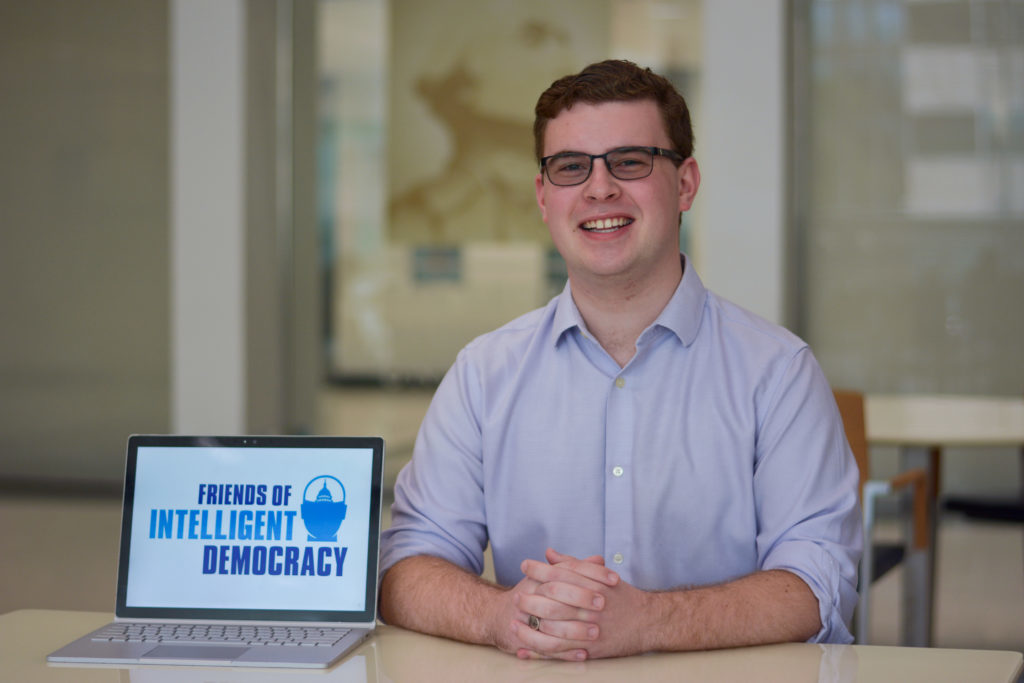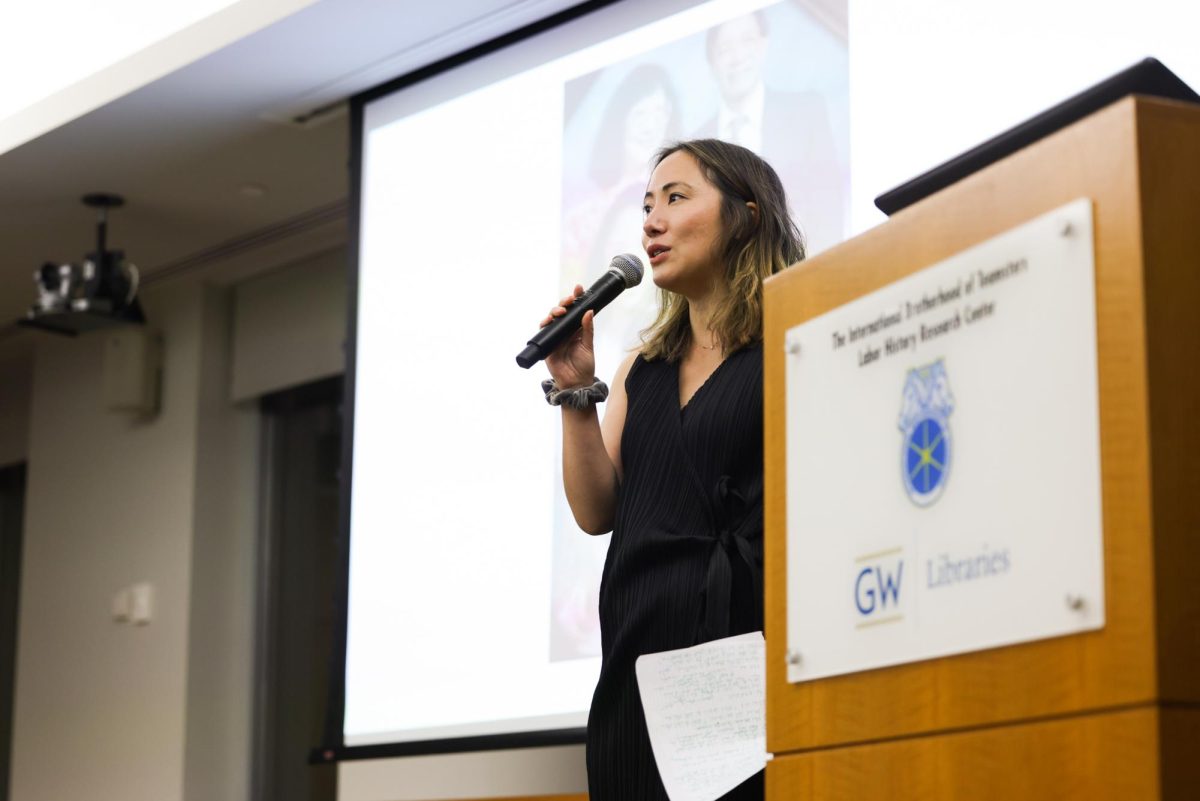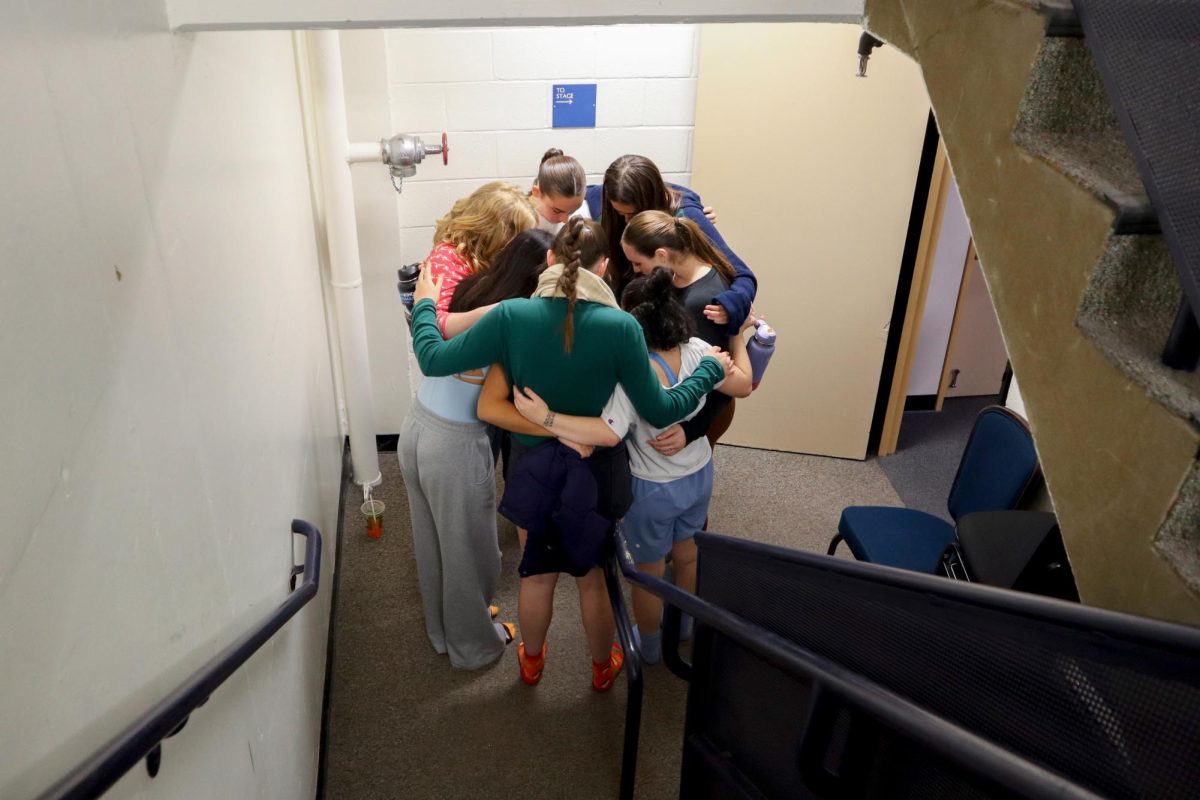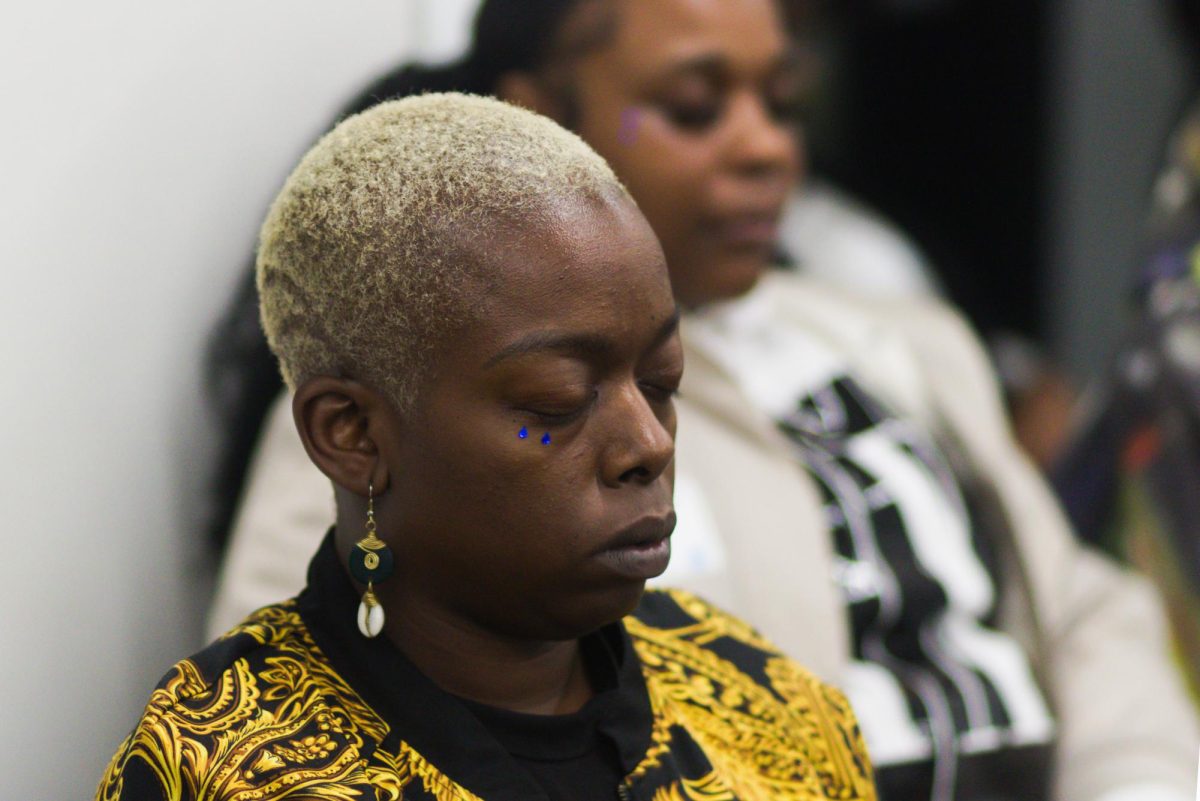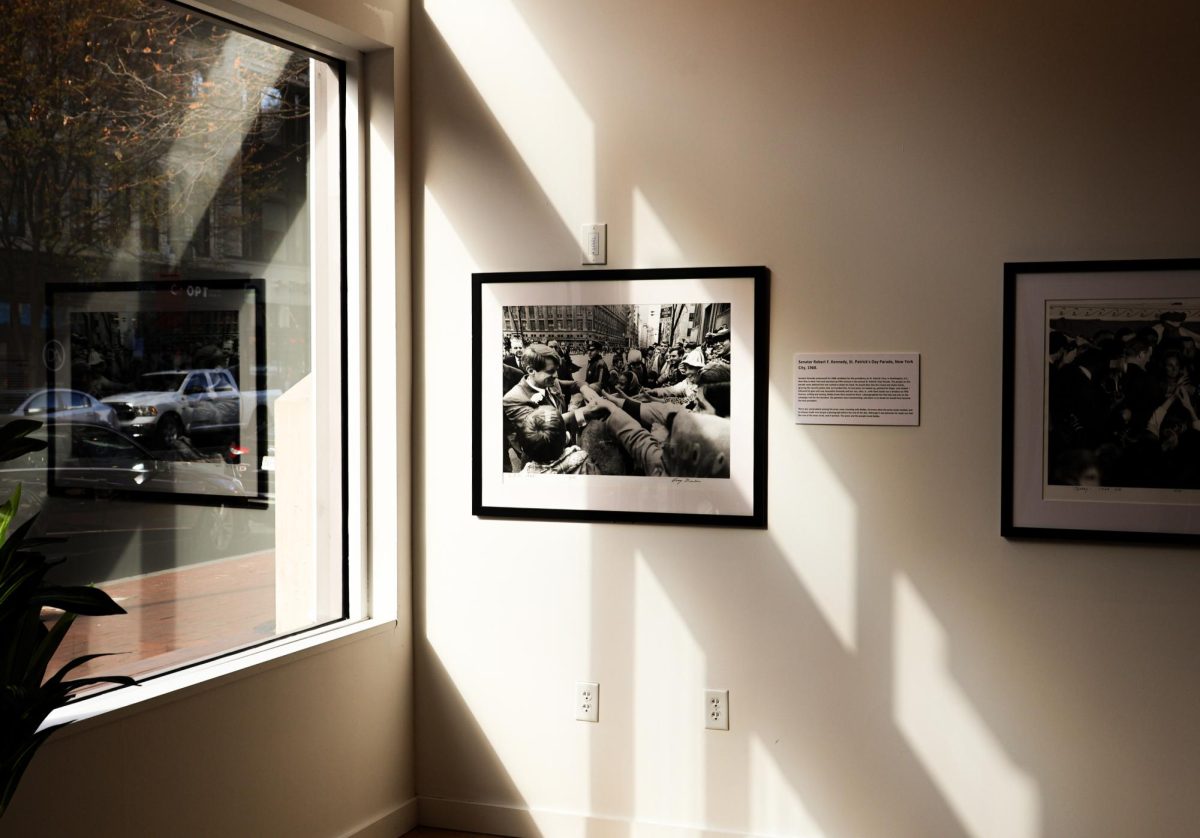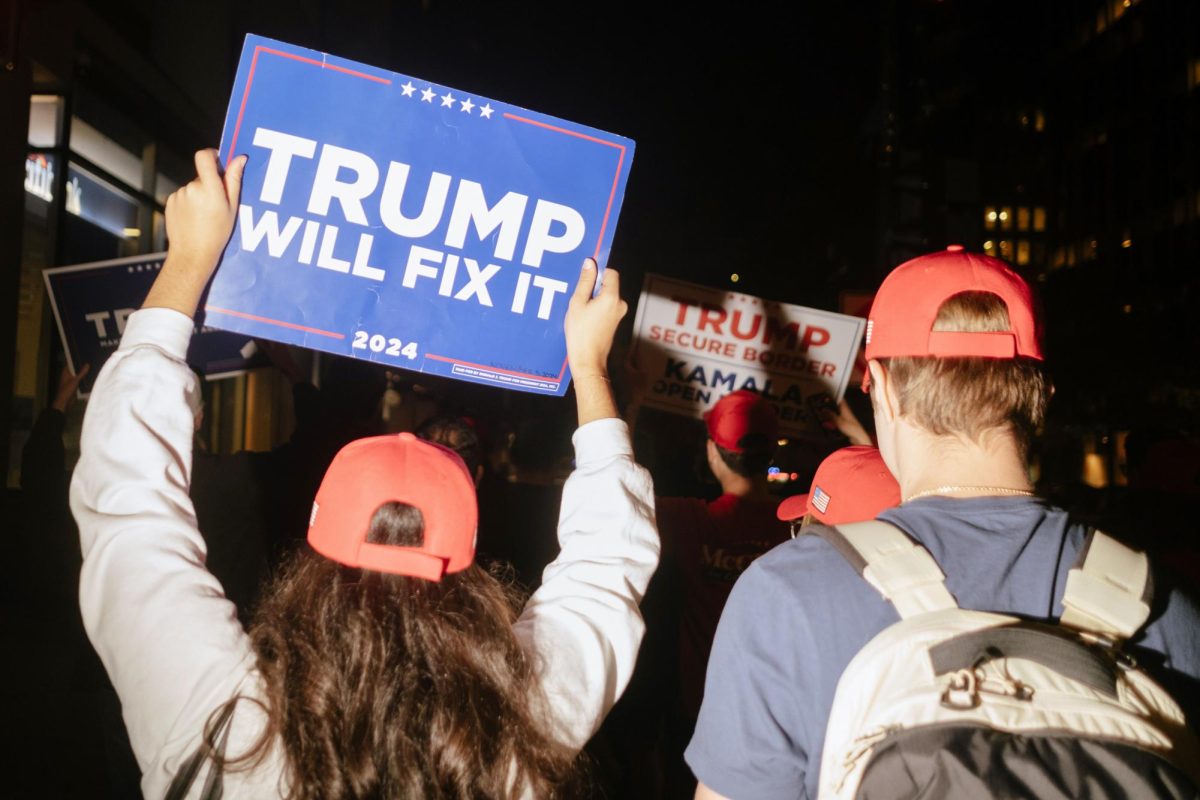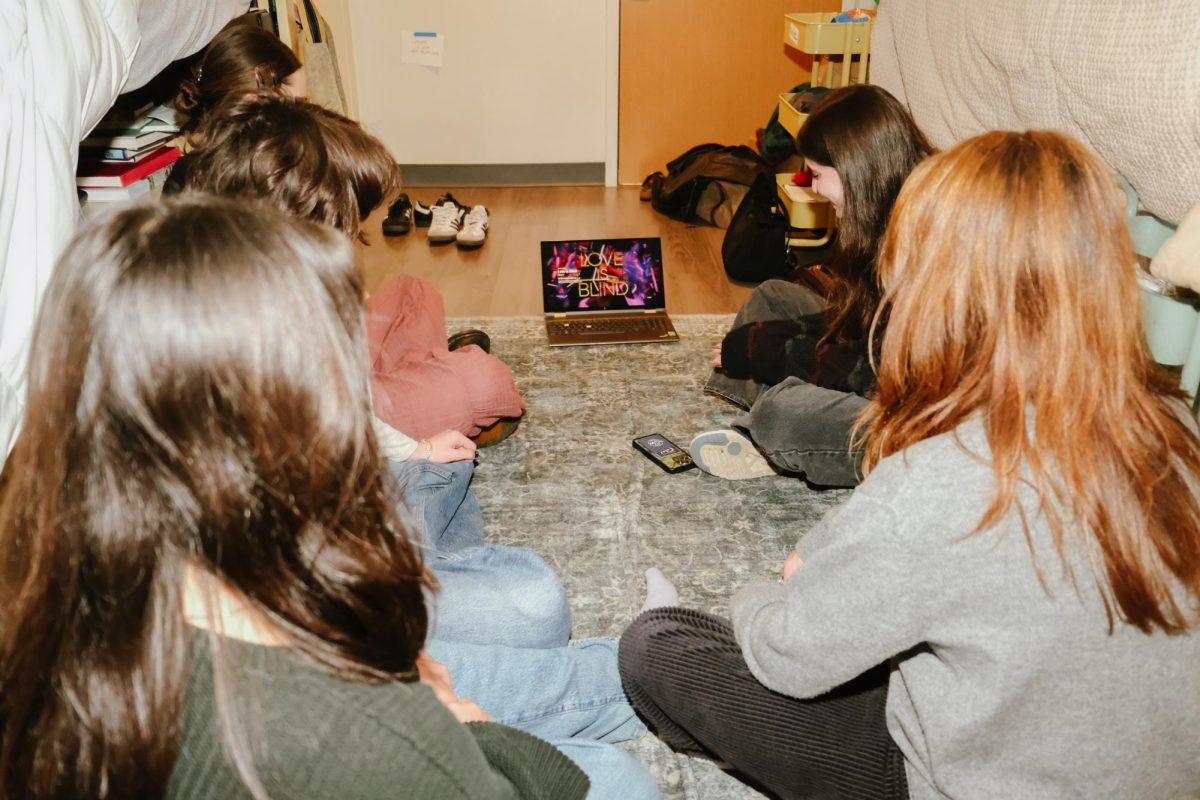At 17 years old, sophomore Charlie Panfil was almost kicked out of a political action committee fundraiser because staff members didn’t think a young student could financially contribute to the event. So Panfil started a PAC himself.
Panfil, who majors in political science, is the founder of the PAC Friends of Intelligent Democracy, making him the youngest person to own and operate a PAC recognized by the Federal Elections Commission. Panfil said he wanted to launch an organization that could advocate and donate money to support candidates on behalf of young adults who cannot financially back issues themselves.
“Young people at any age should be able to go into those spaces,” he said. “A lot of people that I sat at that event with, they were part of political action committees or they were fundraisers, and there isn’t a political action committee for young people. So that’s where the PAC got started.”
A PAC is a tax-exempt political organization that raises money to influence elections by supporting candidates and policy measures. Friends of Intelligent Democracy endorses issues like affordable education, criminal justice reform, climate change and strict gun control.
Panfil said he laid the foundation for his PAC in August 2017, gaining motivation from his participation in Model United Nations, his high school debate team and Hillary Clinton’s 2016 presidential campaign.
Since Friends of Intelligent Democracy first launched, the organization has raised about $20,500. In 2017 and 2018, the PAC raised $4,200 and $1,593, respectively, to support issues relating to voter registration and to help the group develop. So far this year, the PAC has raised $14,750 of its $50,000 to $100,000 goal, which it aims to reach by the end of 2019, he said.
The organization also participates in political conventions and other events and puts the word out about the PAC to find donors. Members attended Politicon – an annual, nonpartisan convention held in Los Angeles – in 2018. Panfil said older people involved in PACs often approached the organization’s table during conventions to challenge members on their political views.
“We had older people just coming up and being like, ‘Well I don’t believe in it. So I don’t think we should do anything about it,’” he said. “The idea that we can just forget about it, because we don’t see it necessarily in our day-to-day life, doesn’t make any sense.”
Panfil recruited a new team of seven other students earlier this year and plans to launch a new website about the organization in the coming weeks. On the website – which can be translated into different languages – candidates can apply for endorsements, voters can read about endorsed candidates, people can register to vote and voters can read the PAC’s policy platform.
Although the PAC has not officially endorsed a presidential candidate, Panfil said the team is “leaning toward” Elizabeth Warren, with Kamala Harris as a “close second.” The PAC will also endorse about 50 to 60 congressional candidates in spring 2020.
The PAC is divided into four teams – campaigns, communications, fundraising and policy – which each work on different projects, he said. Panfil said the campaigns team looks into candidates that Friends of Intelligent Democracy could support, and the policy team researches and drafts policies that the PAC wants to express its opinions on.
Panfil said the organization faces challenges in fundraising because of the members’ ages. Panfil said donors sometimes express support toward the same issues and policies as Friends of Intelligent Democracy but hesitate to donate to college students.
“We still have this influence of money in our politics, and the reality is it’s not going to go away,” he said. “We put ourselves automatically in second place if we don’t take some steps to play the same game.”
Harita Iswara, the PAC’s communications director and human resources representative, said she was friends with Panfil while he created the PAC and worked together with him in GW College Democrats. Iswara said she joined the PAC because she was interested in running an organization that could influence Democratic policies she is passionate about.
Iswara works with Panfil and the social media team to plan and post on the PAC’s social media platforms, she said. She also works with other PAC representatives to ensure the team functions in a “safe and positive environment,” Iswara said.
Sophomore Alex Edwards said he formally joined the team as political director in January after meeting Panfil in class in the fall and discussing political issues with him. One of his main responsibilities includes researching which political candidates are best suited for the PAC’s endorsement, he said.
“I was just tired of sitting on my hands and watching the world burn around me,” Edwards said. “I hope as Friends of Intelligent Democracy grows into a large organization, we can help represent a voice for young people in politics.”


